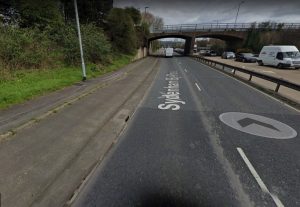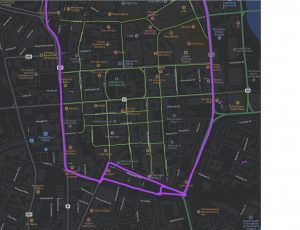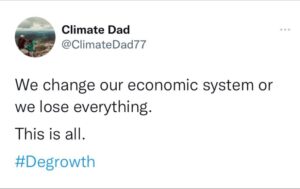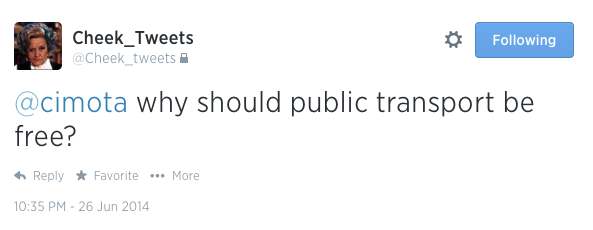After DRIVING past the new “death trap” paint on the Sydenham Bypass that’s meant to be a “cycle lane”, I am comforted to see that some cities have leaders who are prepared to re-make the world as we would like it, and not just rely on what has been past. .
Seattle to permanently close 20 miles of streets to traffic so residents can exercise and bike on them
Nichola Mallon, our Infrastructure Minister, isn’t being advised on what’s in the realm of the possible. It’s the problem with that department (and in particular Roads Service). When you ask a road engineer on what would solve a problem, they think in terms of roads.
I tend to think of the realm of the possible extends from impossible to impossible!
So how do we get people cycling and walking more?
Is it impossible to make cycle lanes which are more than paint?
No, plainly not. Here is a part of the Sydenham Bypass with a kerb! This would make cycling much safer. So, why is the department so happy with a line of paint? If we have it for part of the Sydenham Bypass, why not all of it? Why not extend it to Bangor and Ards?

Is it impossible to close BT1 to private street traffic?
No, it’s not. In fact, a lot of that is in the Regional Transportation Strategy including deflecting traffic from hope street straight to the Ormeau/Cromac area via a new road at Bankmore Square. Essentially the only cars in the centre outside of emergency services and buses, should be taxis and disabled vehicles.

Is it impossible to turn every non-disabled parking space in that area into cycle lanes to protect cyclists from buses, lorries and taxis?
No, obviously. We will see a decrease in traffic overall after the pandemic passes as a lot of people-intensive businesses will be re-looking at their leases for commercial property (some large businesses are closing multiple sites and having their workers work from home because working from home can improve productivity (as long as the kids are at school!) If you think about it, all of the streets in the CBD of Belfast are host to “car corpses”. Cars which are driven in and just lie dead all day. Our streets are littered with them. What are the knock on effects of that?
So we don’t need as many parking spaces? Or commercial parking lets? Or office buildings?
No, we really don’t – so that frees up huge amounts of space for cycling and pedestrians. Think of the lives saved from cars not careening into people.
What about those offices? Will they lie empty?
Well, Belfast City Council has been trying to square the circle of getting people to move into the centre of the city, but there just hasn’t been the space. So, if we are talking about maybe a million square feet of unoccupied office space right now and perhaps up to five times that in two years, that’s a thousand 1000 sq ft apartments now, and 5000 in the next decade. That solves the “Belfast is a graveyard” problem every evening as well as fostering small business in the city centre – including the eateries in the city which really deserve a bit of an uplift after the runaway rates and Covid-19 related collapse.
Thousands more living in the city would be a massive uplift for the city economy. And we have the space.
Are there other things we can change?
Of course, with decreased traffic and more reliance on public transport, we don’t need that M2/Westlink Exchange upgrade. That’s a waste as it is, it’s doubly so after the pandemic. We could invest that in live/work apartments in the city centre. We could invest in arterial segregated cycle lanes from four quarters of the city as well as dedicated cycle freeways along the M1, M2 and A2. With the decreased pollution of decreased traffic, Stockman’s Lane might be bearable to cycle through.
Anything else?
Well, I’m always going to say “free public transport”. The fact that it would decrease pollution and particulate matter, reduce the burden of road repairs on the taxpayer, increase social and economic mobility for just about everyone, equalise some of the society and put cash in the pockets of low and middle income workers is just the tip of the iceberg.
We have an opportunity to change the city and be an exemplar. Wouldn’t it be great to be proud of Belfast for things that were great and that worked? Stuff we could boast about that was good on a global stage and not just “better than what we deserve”. Can’t we aspire to greatness as a city? Celebrate our best and brightest?
Rather than a ship that sank, forty years of civil war and an alcoholic footballer?




